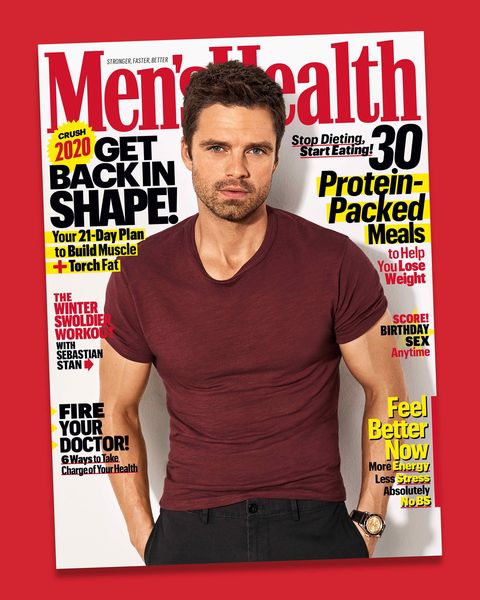You’ve probably heard of — or tried — the Whole30 diet. The elimination diet seriously restricts your food intake for 30 days with the goal of identifying food sensitivities and poor nutritional choices. Even with so much buzz around the diet, there is still one major thing health professionals and the general public can’t seem to agree on: Is this diet actually any good for you? Enter: Doctor Mike’s Whole30 experiment.
Doctor Mike, the internet celebrity doctor who gained popularity for his combination of smarts and good looks, recently took on the Whole30 challenge and documented the results on YouTube. His experience and professional thoughts might make you rethink the diet.
Doctor Mike is known for not endorsing elimination diets, of which Whole30 definitely is. He says in the video that they can fuel eating disorders and possibly lead to nutritional deficiencies by cutting out food that likely isn’t the cause of any problems.
Whole30 has some intense restrictive rules: no added sugar, no grains, no legumes, no dairy, no alcohol, no MSG or sulfites, and no junk food.
“I can cut out bread. That’s no problem I’ve done that before when I was gluten-sensitive in the past,” Doctor Mike says in the video. “But the fact that I had to give up brown rice, quinoa, things that I eat as part of a healthy diet…Why would you eliminate some foods like black beans that can be so healthy to the majority of people?”
The doctor is clearly not impressed — and that’s not the end of his problems with Whole30.
“Why would you eliminate some foods like black beans that can be so healthy to the majority of people?”
Doctor Mike happened to take on the challenge during Thanksgiving and the beginning of the Christmas holiday season, which made the rules even more difficult to follow. At Thanksgiving, Doctor Mike reports he could only eat turkey and peas. That’s it.
Aside from the elimination struggles, Doctor Mike also began to struggle in the gym. He says he noticed his bench starting to go down almost immediately.
“Normally when I’m working out, I’m benching 225 to 255 — 255 was becoming a huge challenge for me,” Doctor Mike says in the video. “When I stepped on to the basketball court, after one game, I felt like I was exhausted.”
Doctor Mike says this sluggish performance was probably due to underrating his usual caloric intake, which is something that just naturally happened on the diet.
“When you do an elimination diet like Whole30, it’s very easy to under eat calories,” Doctor Mike says. “This is probably why a lot of people lose weight.”

Subscribe to Men’s Health
SHOP NOW
Once he hit day 30, he started to reintroduce foods to note their potential negative impacts, which is the main point of the diet. But Doctor Mike says this is one of the things he dislikes most about Whole30, saying the time frame of adding back in foods is not enough to properly track their individual impact on the body.
“It’s not really scientific,” he says. “If you put in legumes on the first day, then two days later add in sugars, then two days after that grains, it’s not scientific. If we’re doing a proper elimination challenge in the medical setting, we do a 90-day elimination.”
Doctor Mike also reports his digestive system, took a hit during Whole30, leading to bloating and dirreahea. After reintroducing foods, he reports his body returned back to normal.
Overall, Doctor Mike wasn’t impressed with Whole30, though he did admit there was something reward to following such restrictive rules successfully. While the competitive crowd might agree, the doctor says Whole30 is probably not a good idea.
“At the end of the day, nutritional advice should be individualized,” he says. “It’s a very restrictive diet, and it can cause some serious problems. There’s definitely some research showing that there’s some crossover with eating disorders. Most of the time, [Whole30] is unnecessary.”
Source: Read Full Article